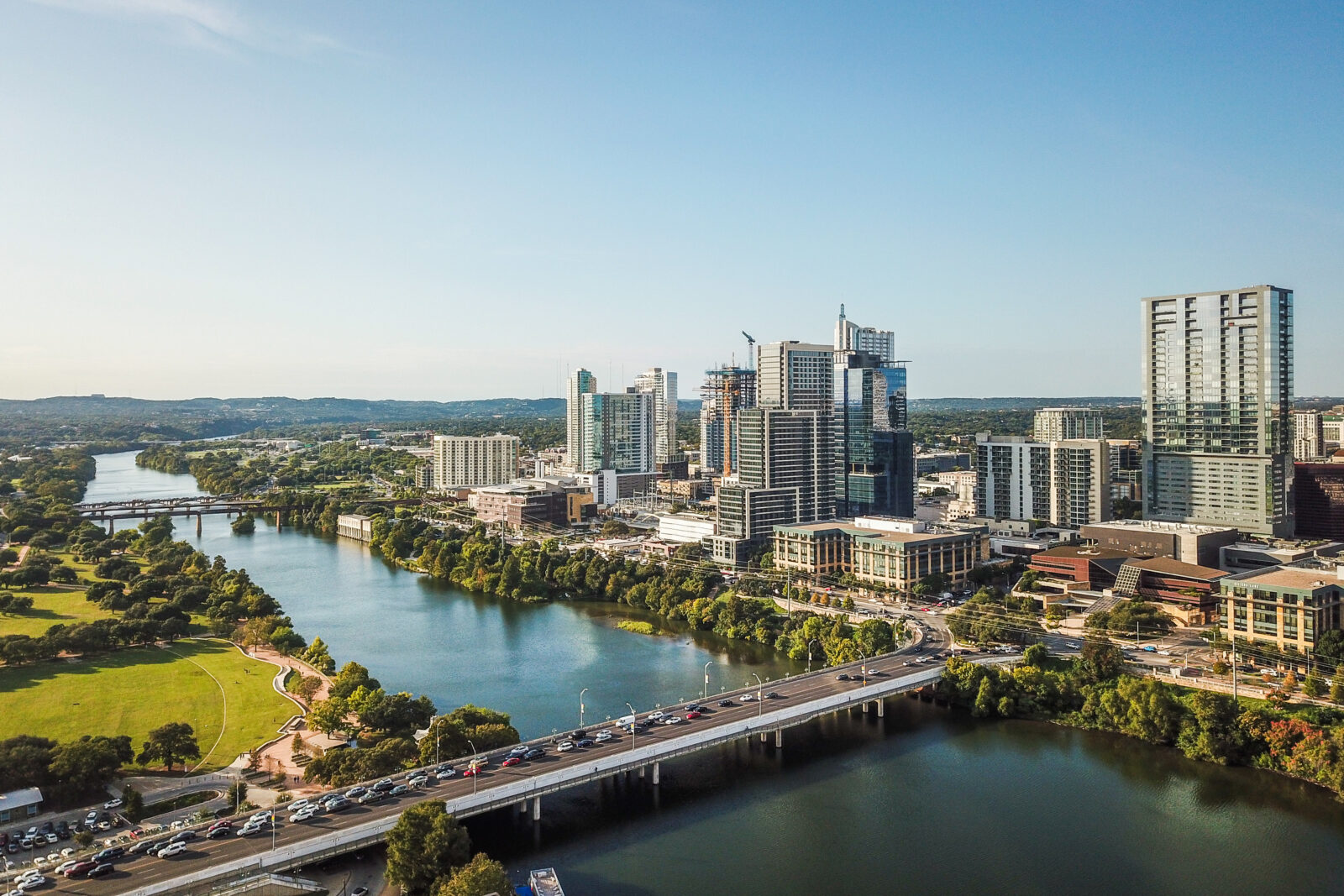Bruce Agnew In Radio News Segment On Eastside Rail & Trail
Radio news segments aired about the Eastside Rail and Trail that have soundbites from Discovery Institute Fellow Bruce Agnew. The two soundbites can be found here and here.
Radio news segments aired about the Eastside Rail and Trail that have soundbites from Discovery Institute Fellow Bruce Agnew. The two soundbites can be found here and here.
This article, published by The Seattle Times, quotes Discovery Institute Fellow Bruce Agnew: “I think these other governments stepping up to share the cost is a great, remarkable development. I was concerned that if we didn’t get the deal closed by the end of this year, BNSF might say enough is enough. It’s very timely — an early Christmas gift,” Read More ›
This article, published by Seattle PI, mentions the Cascadia Center of Discovery Institute: “True” high-speed rail would exceed 150 mph, but the Amtrak Cascades line between Eugene, Ore., and Vancouver, B.C., is more likely to see incremental progress from the current top speed of 79 mph to between 110 and 125 mph (the top potential speed of the current Talgo trains), Cascadia Project rail fellow Ray Read More ›
Washington Governor Chris Gregoire, Seattle Mayor Greg Nickels, King County Executive Ron Sims and Port of Seattle CEO Tay Yoshitani made the formal announcement Jan. 13, 2009 that they are recommending a deep bore tunnel and related infrastructure work to replace the earthquake prone Alaskan Way Viaduct along State Route 99 in downtown Seattle. Following are links to some of Read More ›
This article, published by The Seattle Times, quotes Discovery Institute Fellow Bruce Agnew: Those modest aspirations drive people like Bruce Agnew batty. Agnew, director of the Discovery Institute’s Cascadia Center for Regional Development, said the Seattle port risks sliding into irrelevance without concerted effort to keep it competitive. The rest of the article can be found here.
This article, published by Seattle PI, mentions Discovery Institute: The agency is beginning to examine whether commuter rail would work along the corridor in a $340,000 study — due by February — funded by the Legislature, Sound Transit and private funds raised by the Discovery Institute. The rest of the article can be found here.

In Austin, Texas, people take their government seriously. That may be the most important lesson the Seattle Chamber learned from a recent three-day Seattle-Austin meeting in the Texas capital, where transportation, technology, culture and music, energy and governance were all on the agenda. Austin isn’t your typical Texas town. Its own mayor, with a made-for-politics name, Will Wynn, described his Read More ›
This article, published by the Woodinville Weekly, mentions Discovery Institute Senior Fellow Bruce Agnew: Bruce Agnew, director of the Discovery Institute’s Cascadia Center for Regional Development, said that he gave Ron Sims a lot of credit for recognizing the common-sense notion of using the corridor for a regional trail and for a transportation corridor. The rest of the article can Read More ›
This article, published by The Seattle Times, mentions Discovery Institute Fellow Bruce Agnew: But keeping the tracks would preserve the ballast underneath and make it much easier to install new, modern tracks, said Bruce Agnew, director of the Discovery Institute’s Cascadia Center think tank, which has pushed for commuter rail. The rest of the article can be found here.